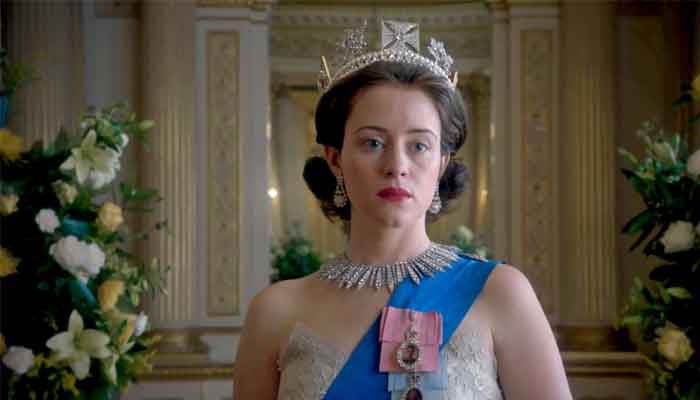Netflix last week rejected a call from Britain’s culture minister to add disclaimers at the start of episodes of its hit series “The Crown” to make clear that it is a work of fiction.
Culture Secretary Oliver Dowden is among several prominent figures in Britain who have argued that the scripted series, in which actors play members of the royal family, risked giving viewers a wrong and damaging impression of the royals.
Responding to the secretary’s request, Netflix reportedly said, “We have always presented ‘The Crown’ as a drama – and we have every confidence our members understand it’s a work of fiction that’s broadly based on historical events. As a result we have no plans – and see no need – to add a disclaimer.”
The Crown started attracting criticism from some circles since its start when when the second episode of 1st season showcased the death of King George IV.
In the episode titled “Windsor”, the late King’s brother Edward VIII arrives to attend the funeral of his brother.
While informing her daughters Elizabeth and Margaret about their uncle (who had abdicated in 1936), the Queen Mother reveals The Duke of Windsor and “his wife have nasty little nicknames for all of us”.
According to “The Crown” the former King called Prime Minister Winston Churchill “Cry Baby” and had a nickname “Shirley Temple” for Elizabeth (the future Queen).
While many British viewers have enjoyed watching “The Crown”, the most recent season has attracted criticism from some commentators over scenes suggesting that the late Princess Diana was treated coldly, even cruelly, by senior royals.
Columnist Simon Jenkins of the Guardian newspaper accused the fourth season of having “upped the fabrication and the offence”.
Arguing that modern history was “too close to what should be sacred ground – bearing witness to passing events”, he wrote that artistic licence could not justify fabrications that showed living or recently dead people in the worst possible light.en

